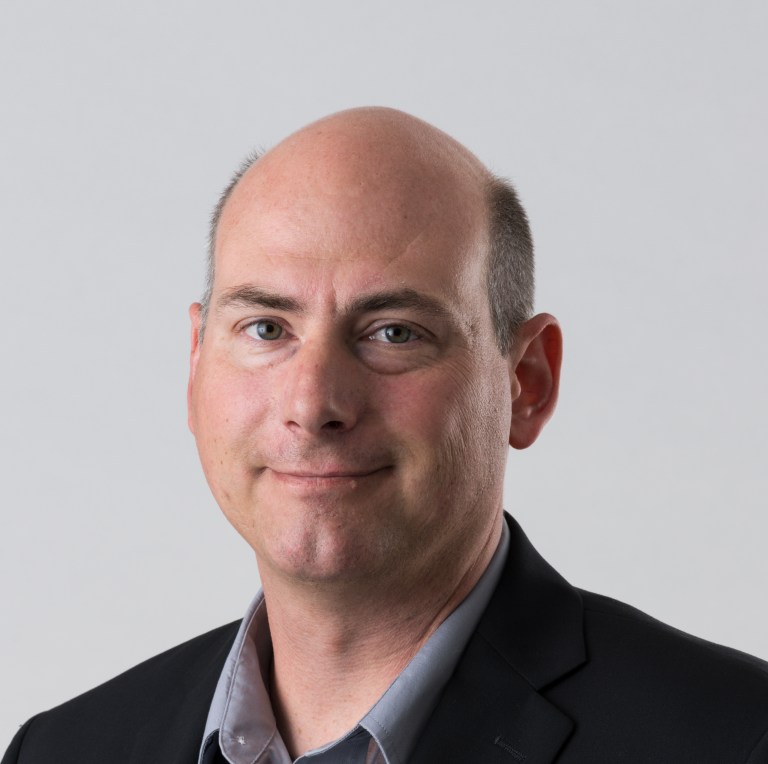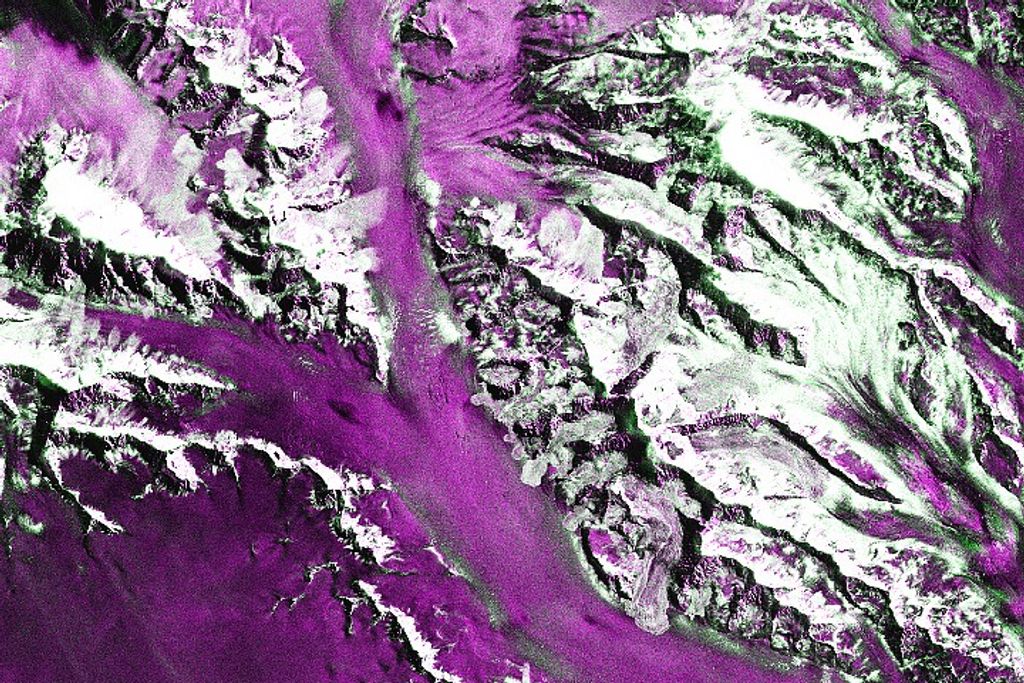
Jason Williams
Project Scientist and Principal Investigator of the Cold Atom Lab at NASA’s Jet Propulsion Laboratory
“There are a lot of paths toward success or happiness. If you follow what you love, oftentimes it can take you exactly where you want to go. That's what happened to me.”

Jason Williams
Quantum Scientist
A conversation with quantum scientist, Jason Williams…
Why does NASA study quantum science?
“We’re trying to answer some of the really big questions out there. Quantum research and quantum technologies give us unique tools to explore things that we know we don’t know, like dark matter and dark energy. There are also applications that are starting to become realized.
For example, quantum sensors are used to make very precise measurements that impact our lives more than most people realize, and more than I ever realized before I was in the business. We have technologies like cell phones and GPS because of quantum research.
At NASA, we’re lucky to have this opportunity to research the fundamentals of quantum physics. We’re working for a community that’s supporting and working with us to use this research to make a better world. Quantum science and quantum technologies continue to evolve and play an increasingly important role in science, the economy, and culture.”
Tell us about the Cold Atom Lab aboard the International Space Station…
“Cold Atom Lab is a facility approximately the size of a mini-fridge that we use to study the quantum nature of matter and to develop technologies based on quantum, gases in space. Basically, it uses lasers to cool atoms down to less than a degree above absolute zero.
When clouds of atoms reach these ultracold temperatures, they can form a fifth state of matter called a Bose-Einstein Condensate (BEC), which makes the quantum properties of atoms macroscopic, so scientists can more easily observe them.
Nobody’s ever made an instrument like the Cold Atom Lab and put it into space before. I don’t think it would have happened if we didn’t have such a good team. We all worked together and got it done.
Since Cold Atom Lab has been on the space station, we’ve been able to perform some pretty amazing experiments in space, including creating ultra-cold quantum bubbles, dual-species BECs, and demonstrating ultra-cool quantum sensors. Our team plans to continue with pathfinding research that might one day revolutionize our understanding of how the universe works.
Any words of wisdom for rising quantum scientists?
“Be prepared for obstacles. Failure is a big part of what we’re doing, and roadblocks are an everyday occurrence. You have to know why you’re doing this work and have the big picture in mind. You have to be in it for the journey and try to have fun because what we’re doing is interesting, it’s enjoyable. It’s fun to make these instruments work and then use these tools to explore something no one’s ever explored before.
It is also helpful to hone your communication skills. By the time you can explain something really well to most people, that’s the point you actually probably understand it yourself. You’ve probably learned a lot of things along the way in the process of explaining it to a non-expert that you wouldn’t have thought about otherwise.
Some may think that getting a job at NASA is a fairytale. I didn’t ever think I was going to get to NASA myself, but I found that there are many paths toward success or happiness. If you follow what you love, oftentimes it can take you exactly where you want to go. That’s what happened for me.”


























